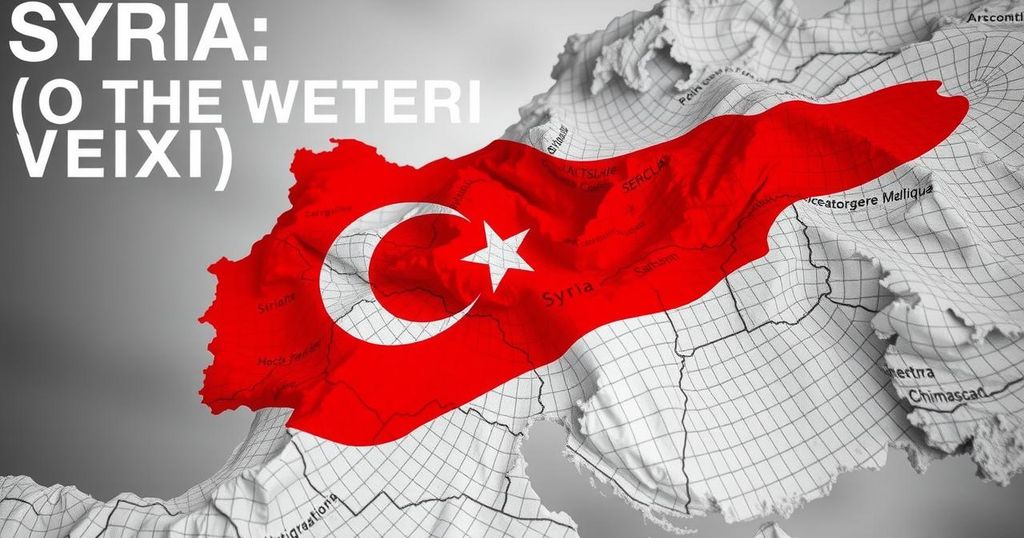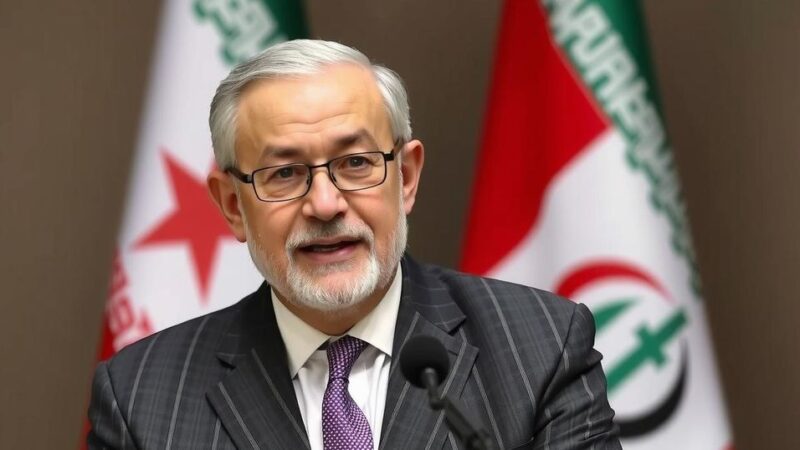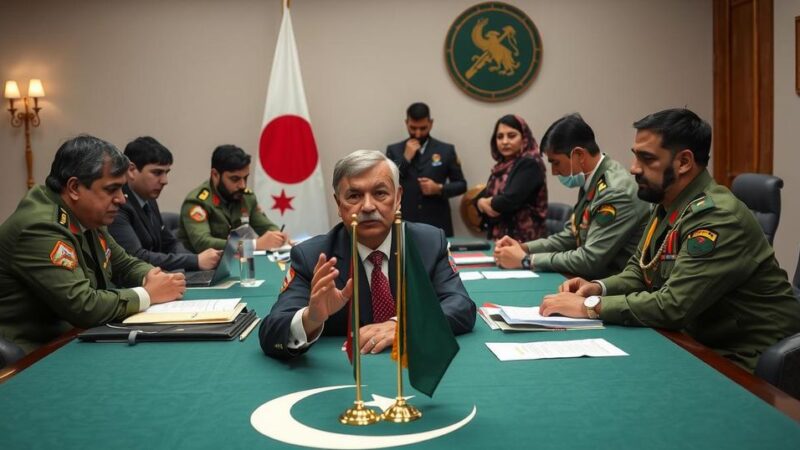Turkey has emerged as the dominant foreign influence in Syria after the fall of Assad’s regime, diminishing Iran’s previous hold. While both nations compete for influence, Turkey’s objectives are primarily centered on countering Kurdish forces and managing regional security. This shift has potential ramifications for future alliances and territorial agreements, particularly concerning maritime strategies in the Mediterranean.
The Syrian civil war has reshaped the balance of foreign influence in the region, with Turkey emerging as a predominant actor after the fall of Bashar al-Assad’s regime. This shift undermines Iran’s position and highlights the ongoing geopolitical rivalry between Turkey and Iran, which has extended from the South Caucasus to the Levantine arena. Despite Turkey’s enhanced role, experts suggest that its rising influence may not significantly strain its relations with Iran, given that both nations have historically navigated mutual interests despite their competition.
Turkey’s motivations in Syria are rooted in three primary concerns: combating the Kurdish groups leading the Syrian Democratic Forces (SDF), facilitating the return of Syrian refugees, and ensuring that no further refugee influxes occur. While the recent political developments have momentarily stabilized the refugee situation, the threat posed by Kurdish militias remains a critical issue for Turkish security.
As the situation evolves, Turkey’s growing influence may empower it to negotiate maritime agreements, similar to those it has with Libya, potentially strengthening its standing in the Mediterranean. Concurrently, Iran’s diminished influence may incite efforts to reassert its presence in Syria, potentially through proxies engaged in opposing Turkish interests.
Iran’s past alliance with Syria was instrumental for its support of militant groups like Hezbollah and for maintaining a strategic foothold in the region. However, the loss of Syria as an ally intensifies Iranian anxieties, as the country faces a new competitor in Turkey, which has taken on a more assertive role in Syria.
The United States’ support of Kurdish forces has significantly waned, further complicating the dynamics for Kurdish autonomy in Syria. As Turkish-backed factions clash against Kurdish groups, the precarious situation necessitates a reevaluation of alliances and the pursuit of reconciliation, especially in light of HTS’s (Hayat Tahrir al-Sham) involvement in Syrian governance, which may marginalize the Kurdish cause.
The geopolitical landscape in Syria has been markedly altered by the ongoing Syrian civil war since 2011. With Iran and Russia supporting Bashar al-Assad’s regime, Turkey has backed various rebel factions opposed to his rule. The collapse of Assad’s government has opened the door for Turkey to assert its dominance in the region, resulting in an intensified rivalry with Iran. This competition reflects broader historical tensions in the South Caucasus, now extending into the Levant, with implications for regional security and foreign policy strategies.
In conclusion, Turkey’s ascendance as the leading foreign power in Syria marks a significant shift in the regional balance of power, overshadowing Iranian influence while complicating the situation for Kurdish groups. Despite historical rivalries, cooperation between Turkey and Iran may still persist on certain strategic issues. The evolving dynamics will continue to shape the geopolitical landscape, influencing not only Syrian affairs but also relations in the broader Middle Eastern context.
Original Source: www.eurasiareview.com







